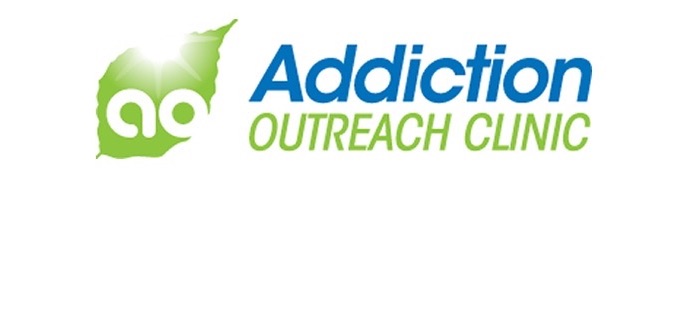It’s Me or the Drugs, Help for Opioid Addiction
 When a loved one needs help for opioid addiction, we tend to get frustrated when we try to help and there is a lack of improvement. This often leads to the phrase, “It’s me or the drugs”. Though, many people would be surprised to know that their lack of knowledge on the subject actually plays a big role in the situation.
When a loved one needs help for opioid addiction, we tend to get frustrated when we try to help and there is a lack of improvement. This often leads to the phrase, “It’s me or the drugs”. Though, many people would be surprised to know that their lack of knowledge on the subject actually plays a big role in the situation.
Understanding Opioid Addiction as a Disease
It’s important to first understand what an addiction is. An addiction is a chronic disease that takes over the brain having a serious effect on its’ structure and function. Opioid drugs act on the nervous system when trying to relieve pain. The brain goes through a number of changes when one takes opioid drugs or painkillers. The addiction forms in the following ways: craving for the object one is addicted to, loss of control when using it, and consistently using the object one is addicted to despite the effects. It starts with recognizing pleasure and the desire for it and ends with an addict developing a compulsive behavior.
Note that narcotic painkillers carrying the highest risk of becoming addicted. They create side effects such as delayed reaction and some sedation. An addict crushing and injecting these pills can cause a heart attack, heart disease, cardiovascular problems, or serious infections. Most addicts start abusing these drugs with the idea that over the counter medication is less harmful. Addicts see doctors providing these medications to patients in serious need, such as those recovering from surgery and overlook it as a safer pill to intake.
Just Asking an Addict to Stop is Not Enough
It is important to note when asking an addict to stop, the dangers behind it. When an addict tries to discontinue use of the object it has side effects that can potentially harm the person. This includes sweating, shaking, seizures, panic attacks, and even death.
When trying to find ways to help an addict know that it is best to first help yourself become informed. You cannot make someone quit on your own. Become knowledgeable, sit down with the addict, and talk. Allowing an addict to be open and talk about the subject can help both sides to understand more.
Also, remember that an addict may choose drugs over you. Note that if they didn’t, they probably would not be an addict. It is not personal on you nor do they understand what they are doing. It is a part of the disease of an addict.
When talking with an addict and trying to understand their disease, getting an addict to understand and admit that they have a problem is the first step. For an addict to understand that help is needed is important.
Opioid addiction is a disease and a person cannot fight it on their own, in most cases, professional help is needed, that is why the most important step is getting a loved one to admit to having a problem. Then professional help with a drug addiction specialist can be sought out. An opioid detox doctor at a trusted opioid addiction rehab clinic will have years of experience treating patients with MAT treatment (medication-assisted treatment).
Addiction Outreach Clinic is here to help…
Whether treatment is for you, a family member or a friend, we are happy to speak with you about our outpatient drug treatment program, and how AOC can help patients with their opioid addiction recovery. Since 2007, AOC has helped thousands of patients on their path to recovery.
Please read more about AOC, or call us at 330-259-4849, or email to schedule an appointment – it’s fast, easy and confidential.





Leave a Reply
Want to join the discussion?Feel free to contribute!